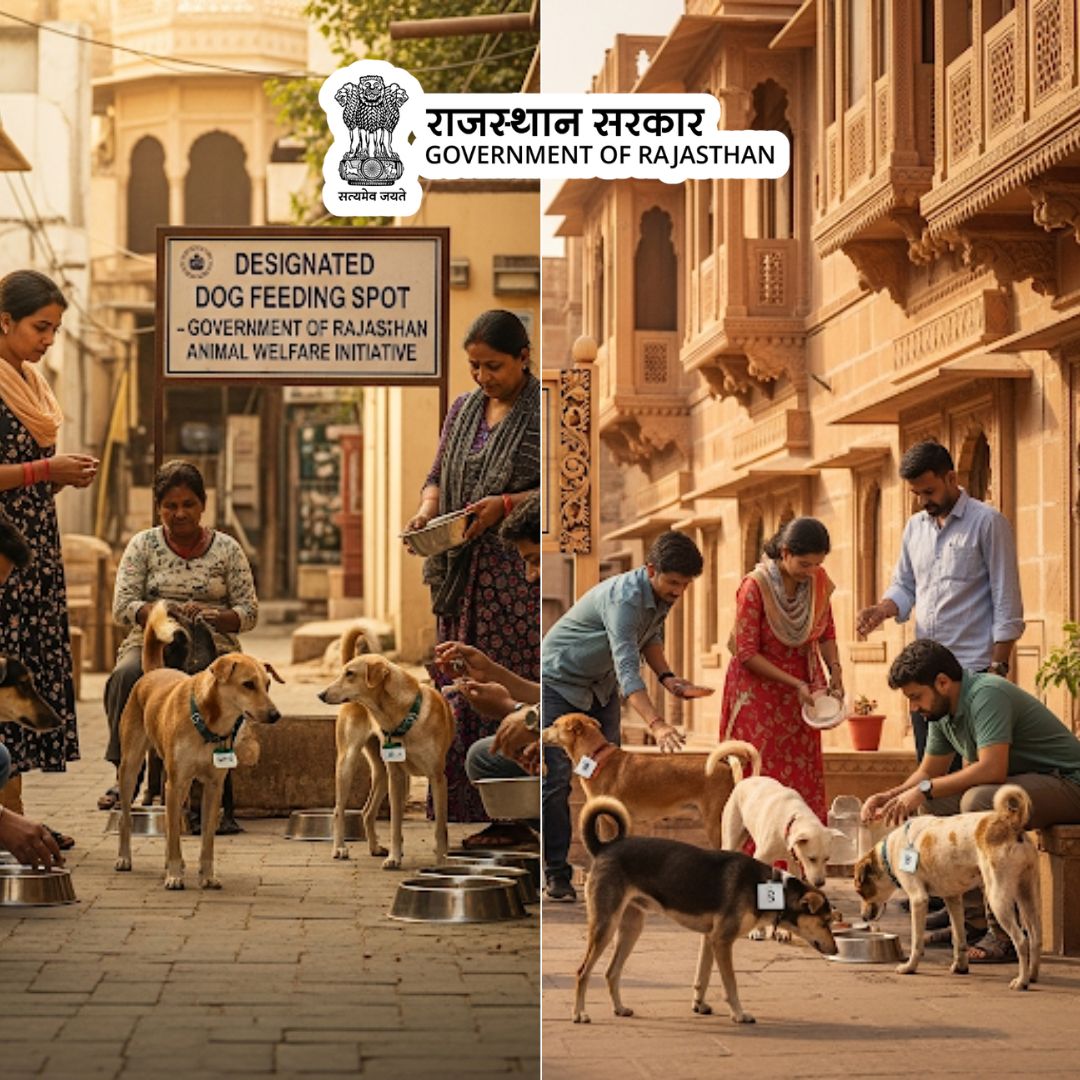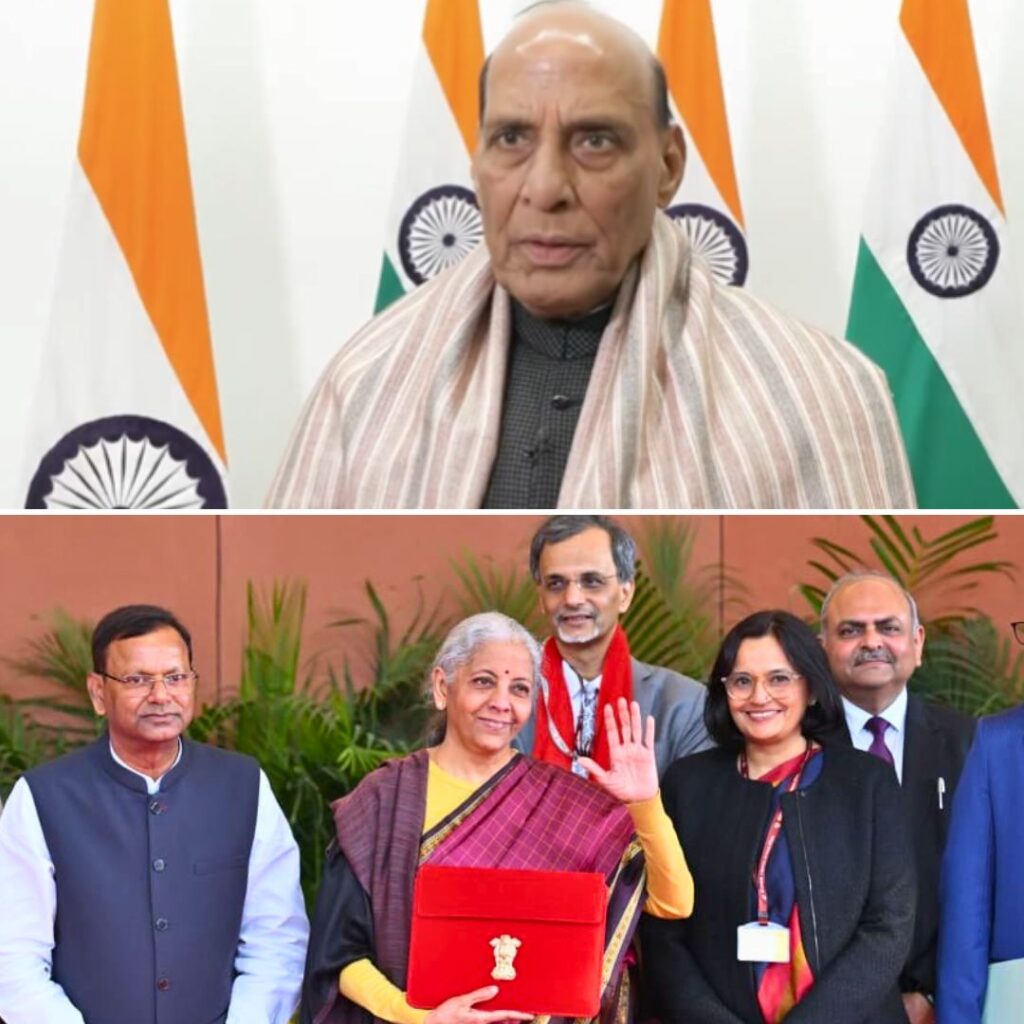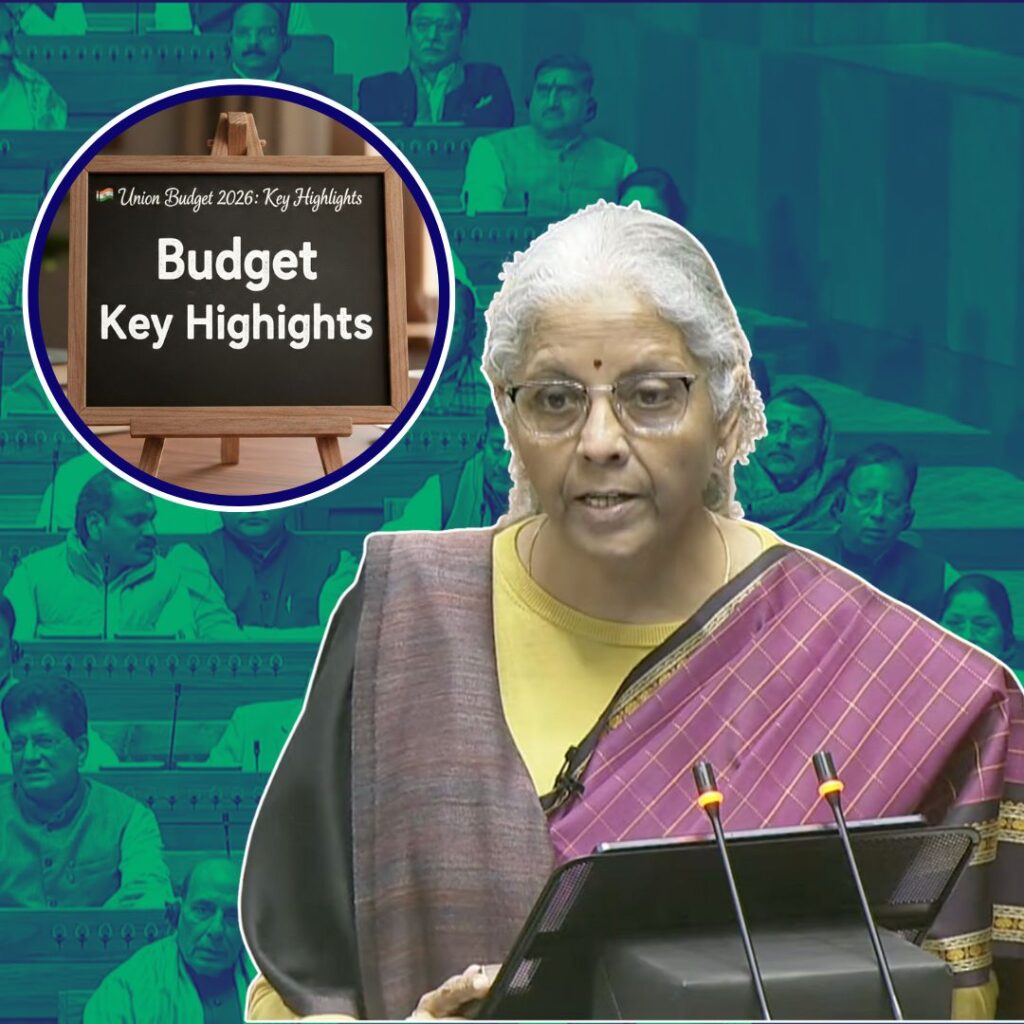Rajasthan has emerged as the first state in India to issue detailed, state-wide guidelines for managing stray dogs following the Supreme Court’s August 22, 2025, directive. The government mandated municipal bodies to identify designated feeding spots in every ward and locality, establish sterilisation and vaccination centres, and ensure humane capture and treatment of dogs.
The initiative aims to balance public safety concerns with animal welfare by strictly implementing the Animal Birth Control (ABC) Rules, 2023. Officials, NGOs, and residents have welcomed the move, although some practical challenges remain in ground-level execution.
Designated Feeding Zones to Foster Harmonious Coexistence
In a pioneering step, Rajasthan’s Department of Local Self Government has instructed all urban local bodies—including municipal corporations, councils, and municipalities-to work with resident welfare associations and animal welfare organisations to identify and mark specific feeding spots for stray dogs.
These designated zones, clearly indicated by boards, provide safe areas where community dogs can access food and water regularly without causing nuisance to public spaces. Remarkably, feeding will continue even in rabies-affected regions, with canine health and public safety precautions strictly maintained.
Secretary Ravi Jain stated, “This comprehensive order balances public safety with compassion and animal welfare. Rajasthan is proud to be the first state to formalise these guidelines after the Supreme Court’s directive.”
Strict Humane Practices and Monitoring Mechanisms
The government has clearly outlined humane methods for capturing stray dogs, banning cruel tools such as tongs, wires, and snares. Trained municipal teams-comprising a van driver, two certified employees, and an animal welfare representative-must employ nets or hand capture techniques. Capture operations require informing local residents in advance and strict adherence to welfare standards.
Additionally, puppies below six months and lactating females with un-weaned pups are exempt from sterilisation. After treatment, vaccination, and tagging, dogs must be returned to their original localities to maintain ecological balance. All municipal bodies are required to maintain exhaustive records of feeding, capture, sterilisation, medication, mortality, and staff attendance, along with 30 days of CCTV footage from sterilisation centres to ensure transparency.
Legal Backdrop and Broader Implications
These new Rajasthan guidelines operationalise the Supreme Court’s modified order from August 22, 2025, which expanded stray dog management rules across India, requiring local authorities to comply with the Animal Birth Control (ABC) Rules, 2023. The court emphasised humane population control-including sterilisation, vaccination, and return to original habitats-except for rabid or aggressively behaving dogs, who must be quarantined or managed separately.
The apex court further prohibited street feeding outside designated zones and mandated strict penalties for violators. This followed a tragic rabies death in Delhi, which spotlighted the urgent need for structured stray dog management nationwide. Rajasthan’s proactive adoption thus sets an exemplary precedent for other states to follow.
The Logical Indian’s Perspective
Rajasthan’s detailed and compassionate approach demonstrates how coexistence between humans and stray animals can be managed thoughtfully and scientifically. By institutionalising feeding zones and humane practices, the state offers a sustainable model that respects animal welfare while addressing community concerns. Transparency through monitoring committees and CCTV, along with cooperation between municipalities, welfare groups, and residents, ensures accountability and shared ownership of the initiative’s success.
This balance of empathy, law, and public health resonates deeply with positive social change, reminding us that compassion need not be at odds with safety.












